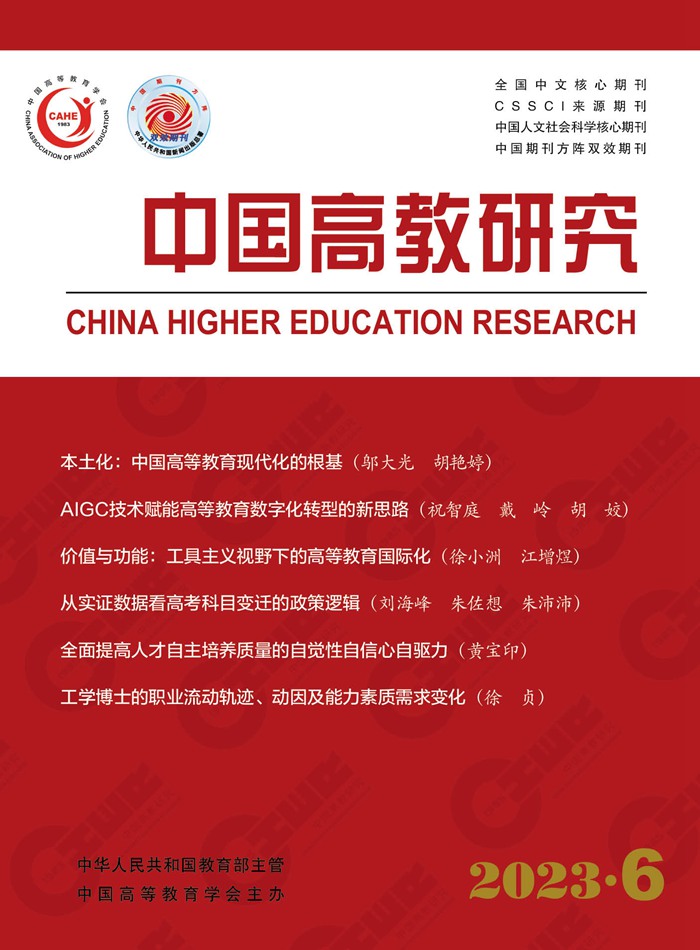College Entrance Examination Reform
LI Muzhou; ZENG Sixin
The fairness of college entrance examination is the cornerstone of educational equity. Different interest groups’ cognition of the fairness of college entrance examination is not only an important factor affecting the process of college entrance examination reform, but also as a key indicator to judge the effectiveness of college entrance examination reform. Based on the theory of equal educational opportunity, taking high school students, high school teachers, university teachers, university students, parents and social people who’re concerned about the reform of new college entrance examination as objects of investigation, studies the influencing factors and paths of fair starting point, fair process and fair result of new college entrance examination reform. The results show that the six groups have higher overall identification and satisfaction with the new college entrance examination reform; and different gender, title, education, occupation groups on the new college entrance examination reform cognition has significant differences; among the groups of high school students, high school teachers and parents, the impact coefficient of process justice on outcome justice is low; among the groups of high school students, high school teachers and parents, reform cognition is the most important factor that affects starting point fairness, the basis of selecting groups, ability motivation and examination content are the main factors that affect process fairness, satisfaction is the most important factor that affects result fairness. During the deepening period of the reform of the NCEE, we should pay attention to the demands of different stakeholders, build a broad consensus in society; and establish a scientific and long-term mechanism for selecting groups, promote the reform of examination contents to meet the new needs students’ ability development; and enhance students’ discipline ability, to build a community of home-school education; promote college entrance examination-related groups to participate in a wide range of practical protection of “participatory equality”.
